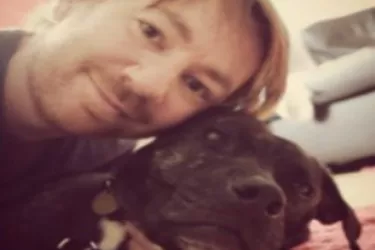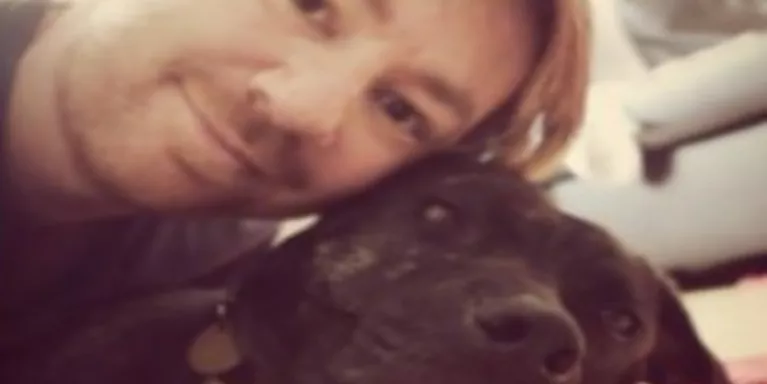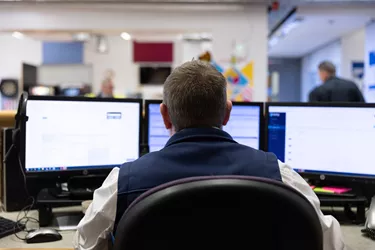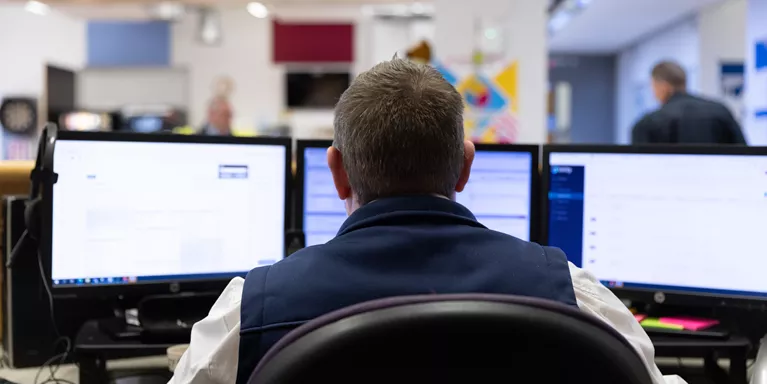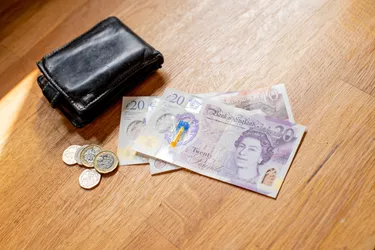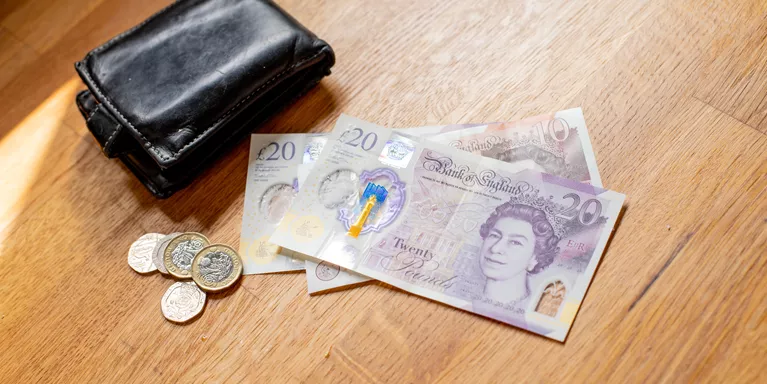Managing money and being kind to yourself
Siobhan felt anxious and guilty when she didn't stick to a strict budget. She blogs about how her counsellor helped her change the way she felt about money.
I remember as a teenager my Mum giving me £20 and instead of spending it all on clothes as she had asked me to I spent £6 on going to the cinema: there are a lot worse things teenagers could be doing but I felt so guilty about it for weeks!
Looking back I can see that this was an overreaction, but it’s a pattern that I have experienced many times since.
I am a very organised person, I love lists and usually I would pride myself on sticking to a plan with military precision.
However, when it comes to personal budgets, I’m just not very good at doing so.
"I must have made hundreds of budgets in my life."
I must have made hundreds of budgets in my life: I have divided up my income into envelopes, I have written up targets on my calendar, I’ve set daily phone reminders with maximum outgoings for the day, I’ve even dedicated notebooks to colourfully drawn up budgets with inserts for receipts. Not to mention the tons of budgeting apps I have downloaded.
Every time I started a budget I had full intentions for that month to be the month that I would succeed - I would be frugal, I would be modest, I would be the responsible person others believe me to be!
But my initial payday enthusiasm soon wore off when I realised that my strict budget did not allow me to buy something that I needed or really, really wanted.
When I veered from my plans, even by buying something small, I tended to feel overwhelmingly guilty and ashamed, and would find myself using really negative inner language - “I can’t stick to a simple budget”, “I’m a failure”, “I don’t deserve nice things” etc. This would then make me feel worse, and sometimes even spiralled the spending.
"When I veered from my plans, even by buying something small, I tended to feel overwhelmingly guilty and ashamed."
When I was feeling particularly low, I tended not to not to care about the budgets I had set myself, simply not having the energy to think about saving money because the urge to feel good was so strong.
I would treat myself to whatever little pleasures I wanted. This would feel great in the moment, but again I would wake up the next day with intense feelings of guilt, shame and annoyance at my lack of restraint.
At times I would obsess over being in debt. In one particularly worried period, I even applied for a few weekend jobs on top of my full-time Monday to Friday role, thinking that I must pay off my overdraft as quickly as I physically could.
I remember once when discussing this with my counsellor, she asked me why I go to work and earn money. This seemed like a strange question at the time but it has stuck with me. The question made me think about how we earn money for ourselves first and foremost, so that we can create the lives we want to live.
If we want to this can mean saving for the future, but it also means enjoying the present and not feeling guilty about doing so!
"I can now see that my attitude towards spending was a part of a wider problem of being too hard on myself."
I can now see that my attitude towards spending was a part of a wider problem of being too hard on myself. In general I am now trying to be much kinder, and to talk to myself as I would a friend.
As such, I have stopped setting unrealistic boundaries around my spending and being so judgemental towards myself when I spend money. I now set broader monthly goals that I feel are achievable e.g. aiming to save £50 each month rather than an unrealistic £200.
I am also making sure that I allow enough money each month for fun experiences and a few material treats. I love buying new clothes and beauty items and that’s something to enjoy within reason, not feel bad about! I have also started putting aside a small amount of money for sad days, so that I can make sure to treat myself when I feel I really need to.
I also talk about money more with friends. It turns out that living in London is expensive, and finances seem to be a stressful issue for most of my friends in their 20s!
I have found out that many of my friends have small debts, and that like me they have mixed feelings about them. On the one hand we would rather not have them, but on the other hand so long as they pose no serious threat and can be paid off in the near future, they are quite normal.
I am still conscious of what I spend and I hope to be out of my overdraft soon, but I now feel much less guilty when I do spend money on myself. At the end of the month if I manage to break even, and have a happy month along the way, that to me is a success!


Information and support
When you’re living with a mental health problem, or supporting someone who is, having access to the right information - about a condition, treatment options, or practical issues - is vital. Visit our information pages to find out more.
Share your story with others
Blogs and stories can show that people with mental health problems are cared about, understood and listened to. We can use it to challenge the status quo and change attitudes.










